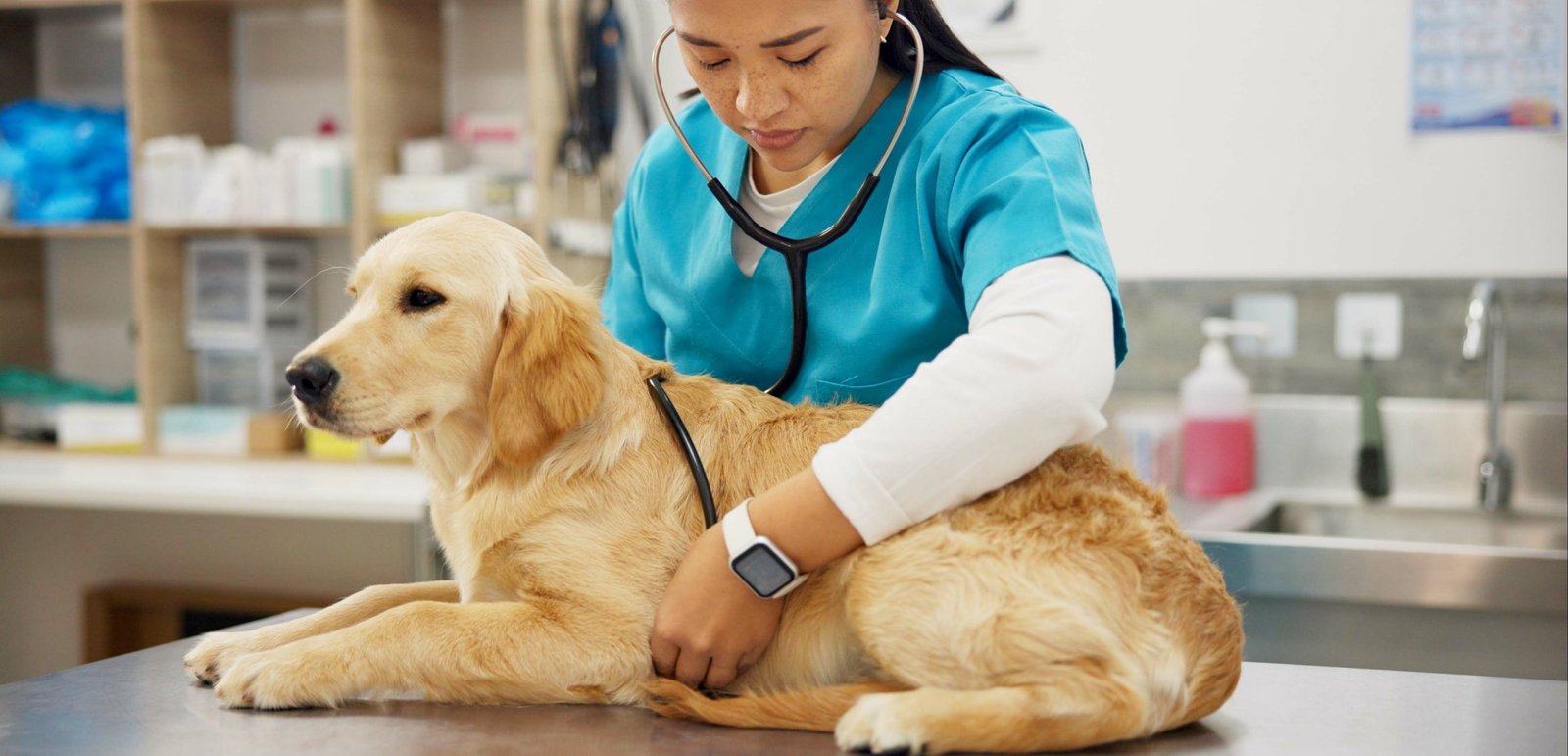Subtotal:
£129.95
Have you ever wondered what it takes to ensure your dog lives a long, healthy, and happy life? As a dedicated pet owner, you likely want the best for your pet friend. However, maintaining your dog’s well-being involves more than just regular walks and belly rubs.
A complete dog health care plan is essential for safeguarding your pet’s health and preventing potential illnesses. In this blog, we will explore the key components of a dog health care plan and provide tips to help you implement it effectively.
Why a Dog Health Care Plan is Essential
First and foremost, a dog health care plan helps you stay organised and proactive about your pet’s health. Thus, by having a structured plan, you can ensure that your dog receives regular veterinary care, a balanced diet, and adequate exercise. Moreover, it allows you to monitor your dog’s health over time, making it easier to detect any changes or issues early on.

Components of a Dog Health Care Plan
To create an effective dog health care plan, you need to consider several important factors. Let’s break down each component:
1. Regular Veterinary Check-ups
Routine veterinary visits are crucial for your dog’s health. These check-ups help identify potential health issues before they become serious problems. Ideally, you should take your dog to the vet at least once a year for a comprehensive health examination. During these visits, your vet will check your dog’s weight, dental health, and overall condition. Additionally, they will update vaccinations and discuss any concerns you might have.
2. Vaccinations and Preventive Care
Preventive care, including vaccinations, is a vital part of any dog health care plan. Vaccinations protect your dog from various diseases, such as rabies, distemper, and parvovirus. Furthermore, preventive care includes flea and tick control, heartworm prevention, and regular deworming. So, by staying on top of these preventive measures, you can safeguard your dog against common health threats.
3. Balanced Nutrition
A well-balanced diet is essential for your dog’s overall health and well-being. Therefore, it’s important to choose high-quality dog food that meets your pet’s nutritional needs. Consider factors such as your dog’s age, size, and activity level when selecting food. Moreover, avoid feeding your dog table scraps, as human food can lead to obesity and other health issues. If you’re unsure about the best diet for your dog, consult your veterinarian for personalised recommendations.
4. Exercise and Mental Stimulation
Regular exercise is not only important for maintaining a healthy weight but also for your dog’s mental health. Dogs need physical activity to burn off energy and prevent boredom. Depending on your dog’s breed and age, this could include daily walks, playtime, or agility training. Additionally, mental stimulation is crucial, so consider incorporating puzzle toys or training sessions to keep your dog’s mind active.
5. Grooming and Hygiene
Grooming is often overlooked, yet it plays a significant role in your dog’s health care plan. Regular grooming helps prevent skin infections, matting, and other issues. Brush your dog’s coat regularly to remove loose hair and dirt. Moreover, don’t forget about dental care—brushing your dog’s teeth can prevent periodontal disease. Regular nail trimming and ear cleaning are also important aspects of grooming.
Tips for Implementing Your Dog Health Care Plan
Now that you understand the key components of a dog health care plan, let’s discuss how to implement it effectively:
- Create a Schedule: This will help you remember when to book vet appointments, administer medications, and perform grooming tasks. So, organise your dog’s health care tasks by creating a schedule.
- Keep Records: Maintain a record of your dog’s health history, including vaccinations, medications, and any health issues. This information will be valuable during vet visits and in case of emergencies.
- Stay Informed: This knowledge will help you recognise symptoms early and seek timely treatment. So, educate yourself about potential health issues specific to your dog’s breed.
- Build a Relationship with Your Vet: Establishing a good relationship with your veterinarian is beneficial. They can provide valuable advice and support throughout your dog’s life.
- Be Observant: Pay attention to changes in your dog’s behaviour, appetite, or energy levels. These changes could indicate underlying health issues that require attention.
Conclusion
To conclude, a well-thought-out dog health care plan is essential for ensuring your pet’s long-term health and happiness. So, by focusing on regular veterinary care, balanced nutrition, exercise, grooming, and preventive measures, you can provide your dog with the best care possible. Remember, your dog’s health is a lifelong commitment, so stay proactive and attentive to their needs. With a comprehensive dog health care plan in place, you can enjoy many joyful years with your beloved furry companion.












